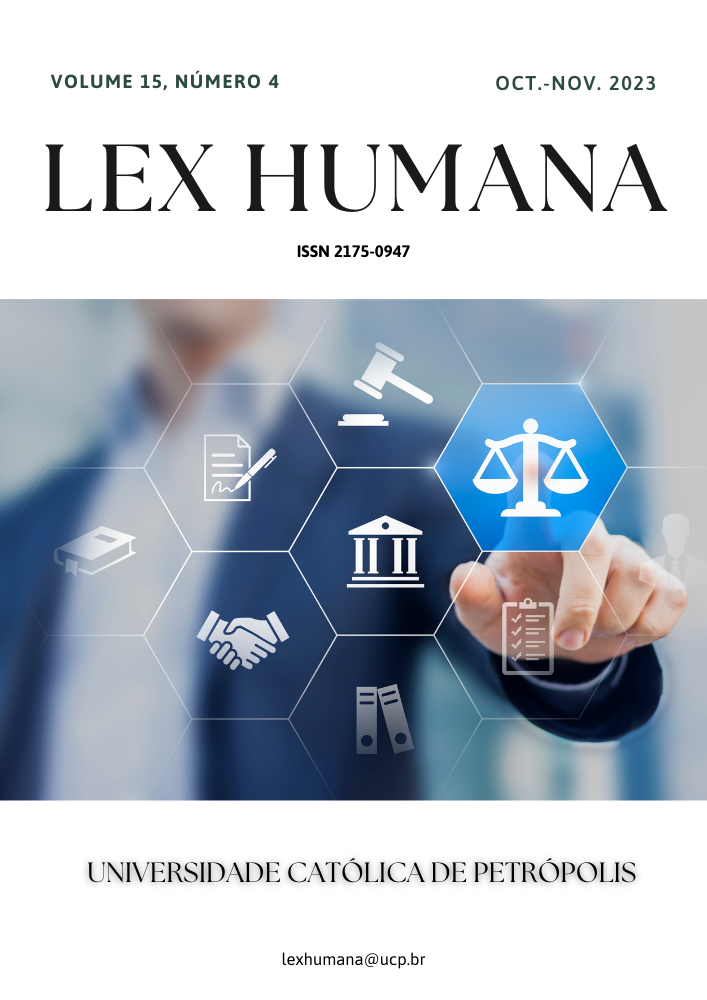Abstract
The present study aims to examine the legal problems resulting from the mandated will written by a grandfather or grandmother for his/her grandsons or granddaughters after the death of their father during his lifetime. The problem of the study is that sometimes grandfather leaves behind a big inheritance and his son dies before his death; therefore, the sons and daughters of the decayed father have no legal right to share the inheritance of their grandfather under the principles of the Islamic sharia law. Therefore, the present study aims to provide an answer to the following questions: Does the grandfather have the right to write a will that grants his grandsons their father's share in inheritance as if the dead father is still alive? Can such a type of will be classified as obligatory? Or is it commendable as per the Islamic sharia? What are the conditions that make this will obligatory? To answer these questions, the present study draws on the descriptive methodology, which is the study of the cases that underwent the conditions of the father's death before the death of the grandfather, leaving behind sons who are not entitled to inherit because of the Islamic sharia law. The most important finding of this study is that will is commendable rather than obligatory and it can be obligatory if the governor gives order to make it obligatory.
References
Al-jasas, A. (1405 H). The Rules of the Quran. Dar Ihyaa Alturath Al-arbi.
Alzuhili, A.(1430H). Islamic Fiqh and its Evidence. Dar Al-fikr, Syria.
Alsuity, A.(1983). Al-ashbah wa alnazair. Dar Al-Qutab Alilmyiah, Cairo.
Al-Qurtbi, A.(1964), Collection of Quranic rules. Dar Al-Qutab Al-maysriah, Cairo,
Al-bahwati, M. (1968). Kashf Al-qin’a an matn al-iqna’a. Maktabt Al-nasr Alhadith, Riydh.
Al-kwhji, A.(1982). Zad Al-muhtaj bi sharh al-minhaj. Religious Affairs Publishing House, Qatar.
Al-Sarkhasy, M. (2020).Al-mabsut. Saadah Printing House, Egypt.
Al-rahili, W. (2011), Islamic Fiqh and its Evidence. Dar Alfikr, Syria.
Albukhary, Hadith 2738
Abdalsattar, M. (2020). Obligatory Will in the Egyptian Law. Journal of College of Arts. 31(122), 1-155.
Alzamli, A. (2015) The Provisions of Inheritance and Will and the right of transference in the Comparative Islamic Jurisprudence and Law. Islamic Library, Gaza.
Al-jezzery, A.(2004). Al-fiqh fi al-madhab Al-arbah. Dar Al-kutab Al-ilimyah. Cairo.
Abu Zahra, M. (2005). The Law of Personal Affairs. Dar Al-fikr Al-arbi, Cairo.
Dawood, A. (2009). The Rights relating to the Inheritance: Islamic Jurisprudence and Law.
Ibn Abdulbar, A. (1387H.) Al-tamhid. Ministry of Endowments, Morocco.
Ibn Almunzar, A. (2008). Al-igma.Dar Alfikr, Cairo
Ibn Othymin, A. (2012). The Interpretation of Riayd Al-salhin. Dar Altruath, Riydh.
Ibn Sa’di, A. (2020). Tayysir Al-karim Al-rahman fi tafsir kalam almanan. Alobykan, Riyadh.
Ibn Algawzi, A. (1422H). Zad Almasir fi ilm altafsir. Dar Al-qitab Al-Arabi, Beruit.
Ibn Mifleh, A. (2003). The Correction of the Branches. Al-risala Publishing House, Beirut.
Ibn Al-munzar, M. (2005). Al-igma. Dar Almuslim, Cairo.
Ibn Qudama, A. (1969) Al-mughani. Cairo Publishing House, Cairo.
Ibn Hazm, A. (2013). Al-mahali. Dar Ibn Kathair, Cairo.
Ibn Rushd, M. (1994). Bidayt Al-mujtahd wa nihyat al-muqtsad. Maktbat Ibn Tayymiah, Cairo.
Sunan Abi Dawud 2862

This work is licensed under a Creative Commons Attribution-NonCommercial-NoDerivatives 4.0 International License.
Copyright (c) 2023 Lex Humana (ISSN 2175-0947)

